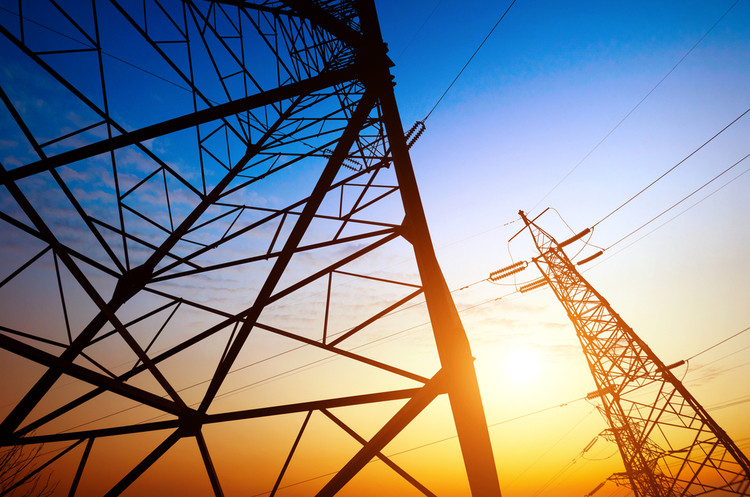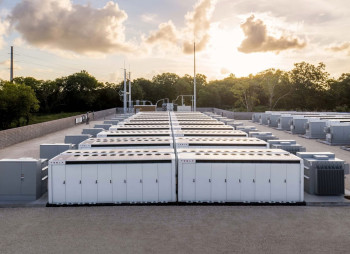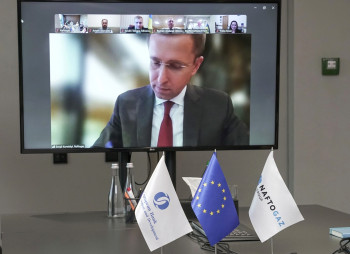The European Bank for Reconstruction and Development (EBRD) and Ukrainian authorities have agreed the repurposing of the final €97.3 million of an existing loan to Ukrenergo, the country’s electricity transmission company, for emergency liquidity, after repurposing a first tranche of €50 million of emergency liquidity in May. The aim is to keep the lights on in a country whose economy has been hard hit by Russia’s war on Ukraine.
The EBRD has pledged to invest €1 billion this year in supporting the Ukrainian economy, with risks shared with donors and partners. A guarantee for up to half of the €97.3 million will be provided by a G7 sovereign donor guarantor. The European Union’s EFSD (European Fund for Sustainable Development), the financing arm of the EU External Investment Plan promoting investment in Africa and the EU Neighbourhood, provided a first loss guarantee for the earlier €50 million already disbursed to Ukrenergo in full.
The EBRD originally agreed to lend €149 million to Ukrenergo in July 2019 to upgrade key transmission infrastructure required to maintain system stability and back-up synchronisation with European electricity networks, as well as help Ukraine align its legal framework and operational practices with the EU 3rd Energy Package.
The original project was undergoing procurement when the war began. That project will need to be reassessed and considered for financing by the Bank after the war.
The war has triggered urgent liquidity needs that prompted Ukrenergo to seek the repurposing of undisbursed funds. The EBRD’s liquidity support will enable the stable functioning of the Ukrainian electricity grid, as well as nuclear generators and renewables, and maintain power supplies to industries and households. Since the war began, the company has faced substantial non-payments by its customers coupled with a 30 per cent reduction in electricity consumption and resulting revenue losses.
To address Ukraine’s most pressing needs, the EBRD is prioritising five areas within the country’s economy: trade finance, energy security, vital infrastructure, food security (covering provision of liquidity to farmers via banks for the spring sowing campaign as well as to agribusiness companies and food retailers), and the provision of liquidity to pharmaceutical companies.






